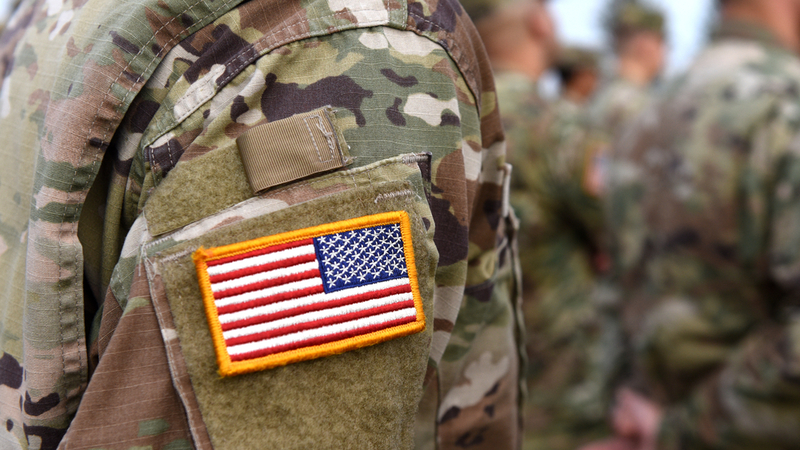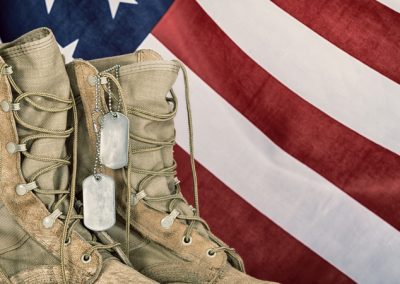In conjunction with YouGov, Concerned Veterans for America (CVA) on Thursday released its annual poll of veterans and military families – and adding the general public in this year’s sample – gauging opinions on issues such as foreign policy, federal spending, and veterans’ health care issues.
A full two-thirds of veterans and majorities of military families and the general public support full withdrawal of U.S. troops from Afghanistan and Iraq. Notably, there were sharp increases in “strong support” among veterans for withdrawal from both conflicts. When asked about diplomatic versus military approaches to address Iran, pluralities across all three groups were in favor of more diplomacy, with very little support for increasing military action.
…………………………
Key findings of the poll, including comparative analysis from CVA’s 2019 and 2020 polls:
FOREIGN POLICY
- A vast majority of the general public (80%) believe our military engagement around the world should be reduced or stay about the same. Only 6% believe we should be more engaged.
- Military households have increasingly wanted less military engagement – up 8 points since 2019. Veterans by and large (56%) want less military engagement – an increase of 8 points from 2019.
- A full two-thirds of veterans (67%) would support a move by the president to withdrawal all troops from Afghanistan – an increase of nearly 10 points (8%) from 2019
- Similarly, a majority of veterans (68%) strongly or somewhat support a full withdrawal from Iraq. A majority of the general population (53%) and military households (61%) also support such a move.
- A plurality of general public (44%), veterans (42%), and military households (44%) are in favor of more diplomacy over military action to deal with Iran.
- Conversely, only 9% of the general public, 20% of veterans, and 12% of military households support more military action.
…………………………..
SEE THE FULL RESULTS OF THE POLL HERE
SURVEY METHODOLOGY
Data for 2021 was gathered by YouGov between December 22, 2020 and January 6, 2021. YouGov interviewed 862 respondents of the US general population, 922 active military and military veterans, and 930 respondents with a family member in the military. Each group was then matched down to a sample of 800 for an overall total of 2400 to produce the final dataset. The respondents were matched to a sampling frame on gender, age, race, and education. The frame for the general population and veterans groups were constructed by stratified sampling from the full 2018 American Community Survey (ACS) 1-year sample with selection within strata by weighted sampling with replacements (using the person weights on the public use file). The frame for the family member group was created based on characteristics of respondents from the 2018 Cooperative Congressional Election Study who have family members in the military.
Data for the 2019 and 2020 was gathered by Dynata. Interviews were conducted online April 7-10, 2020 among N=707 Veterans and N=803 Military Households using the Dynata Online Research Panel. The estimated margin of error for both samples is +/- 3.5 percentage points. Sampling frames and quotas were utilized to ensure appropriate sampling of the country’s Veteran and Military Family populations. Research was conducted by Concerned Veterans for America.
Two additional questions, coming at the end of the survey, are omitted from reporting. The questions omitted pertain to name recognition and favorability toward organizations that serve the needs of veterans.
Read the rest of this article at Concerned Veterans for America





